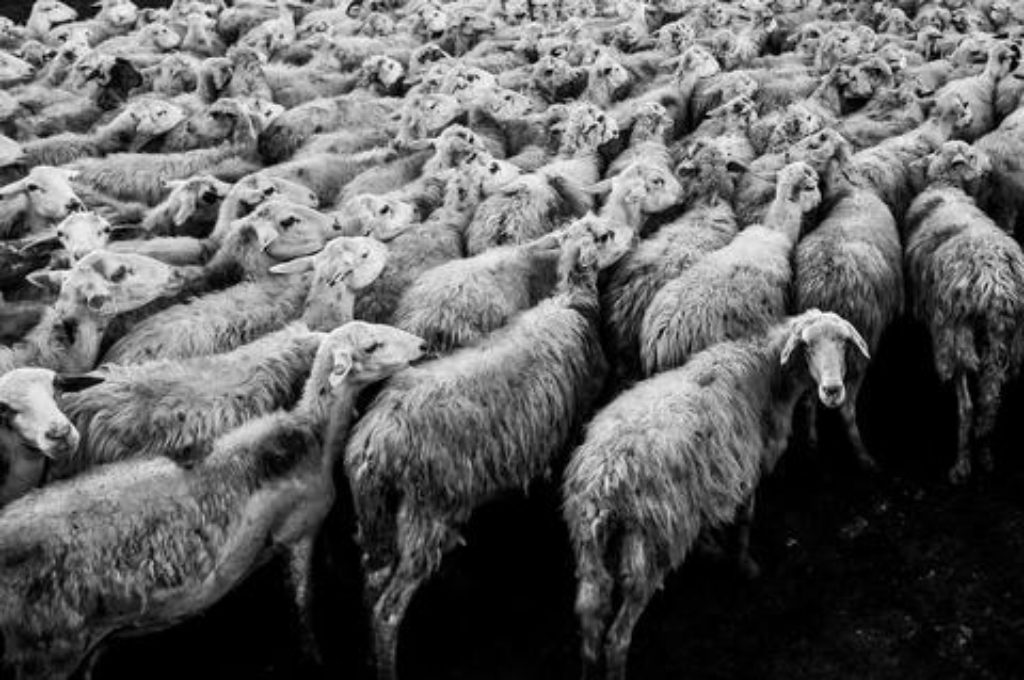Excessive use of antimicrobials in intensive livestock farming as One Health issue
Most antibiotics in livestock farming are used in aquaculture, but significant amounts are also used in terrestrial livestock species, particularly in poultry and pigs. Approximately 70% of antibiotics are used for non-therapeutic purposes, i.e. many antibiotics are used in sub-therapeutic doses and over prolonged periods, which leads to the development of genes that confer antimicrobial resistance to animal pathogens. These genes can subsequently be transferred to human pathogens and it is estimated that 75% of recently emerging diseases in humans are of animal origin. Antimicrobial resistance (AMR) problems are further exacerbated by the fact that antibiotic resistance genes were found in bacteria long before antibiotics were ever used on super-pathogens in farm animals. AMR is a worldwide problem, which clearly affects both animal and human health, and hence it is truly One Health issue.
British Vets Resist “Political Measures” to Restrict Veterinary Use of Antibiotics
By Miroslav Djuric, DVM The British Veterinary Association (BVA) marked the 5th European Antibiotic Awareness Day (18 November 2012) by releasing a statement in which it reaffirms its commitment to promoting responsible use of antibiotics, but also warns that political measures to reduce antimicrobial resistance in Europe and the UK are not based on sound…


